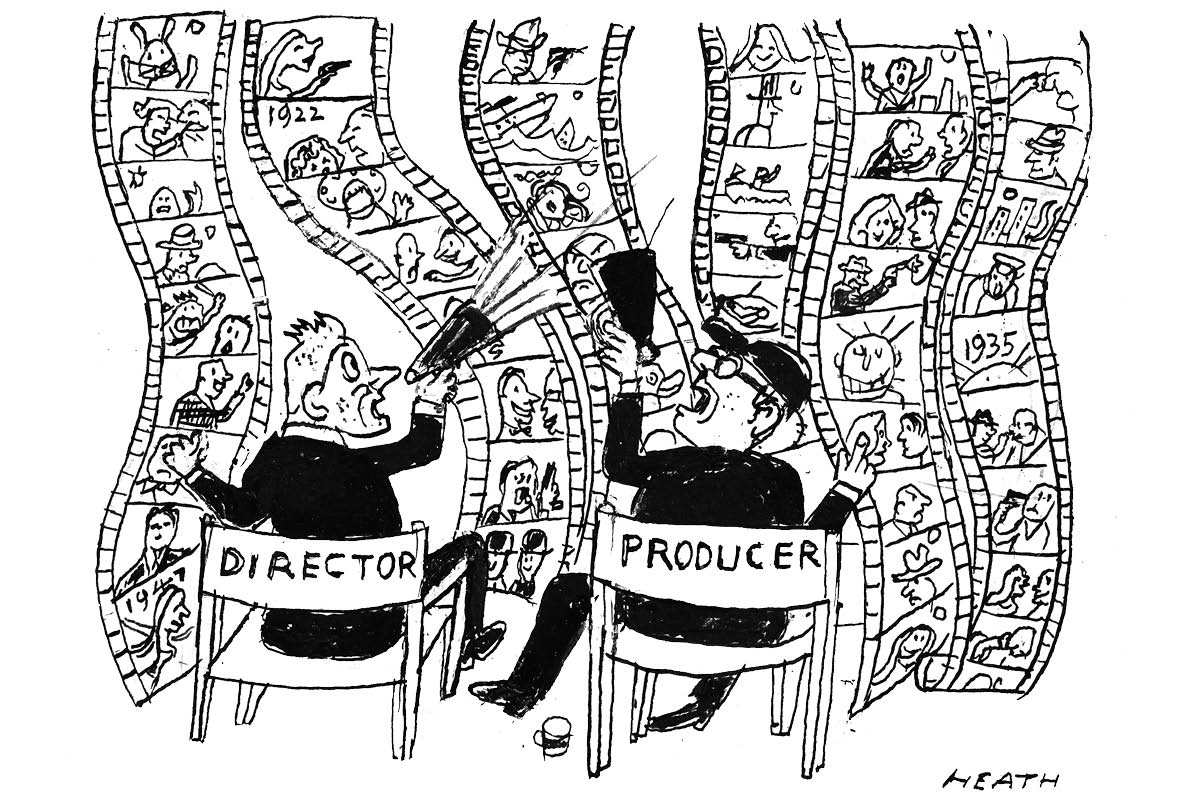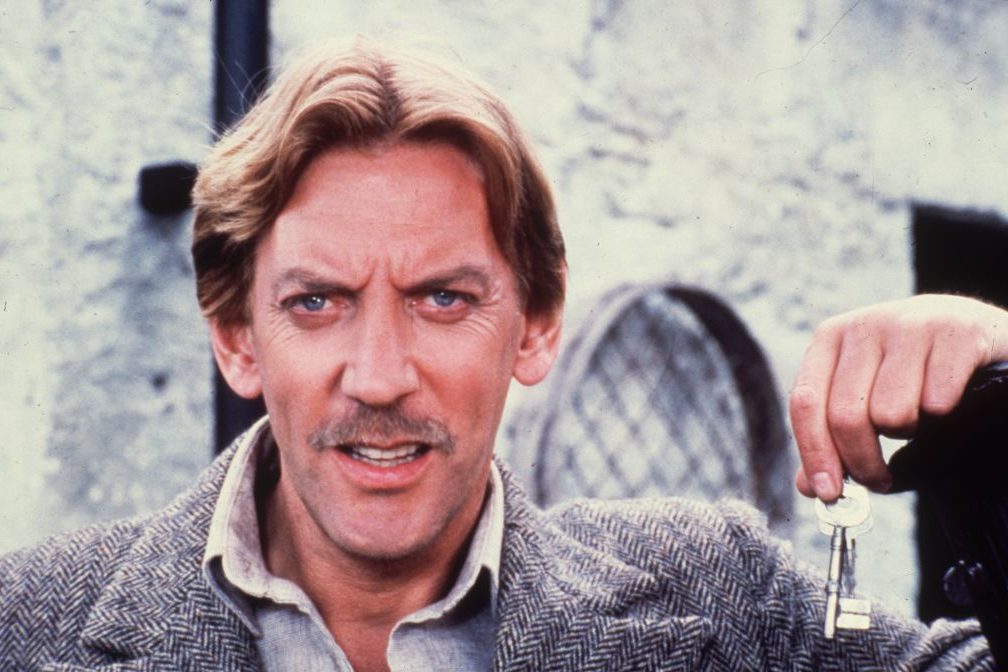If you had to pick the two Hollywood directors who have been the most over-exposed in recent years, many people would opt for two idiosyncratic and hitherto likeable figures: Wes Anderson and Taika Waititi. The reason opinion has cooled on both filmmakers, however, in the past couple of years is that their work — which has often been excellent in the past — has become so stylized, and so constant, as to be exhausting. Anderson’s most recent movie, Asteroid City, was greeted with sighs and weariness, despite being a smash at the box office, and Waititi’s much-delayed picture about soccer, Next Goal Wins, has premiered at the Toronto Film Festival to general yawns of “predictable” and “seen it all before.”
Anderson, at least, has the much-acclaimed forty-minute Netflix short The Wonderful Story of Henry Sugar coming out next week to reset the balance. But Waititi, whose film is released in US theaters on November 17 — strikes permitting, naturally — has become an increasingly one-note figure in the past few years. The man is prolific, whether as an actor, director, writer or general personality, and his work rate is undeniably astonishing. The last few years alone have seen three films written and directed by him, including the divisive but Oscar-winning Jojo Rabbit and the unloved Thor sequel, Love and Thunder. He has also scored acting roles in the likes of Free Guy, Our Flag Means Death and The Suicide Squad. He has been involved in television series, such as a new adaptation of Time Bandits and the continually popular What We Do in the Shadows — and in apparently endless voiceover work. And, of course, we must not overlook the insanely annoying Daniel Craig advertisement for Belvedere Vodka, which resembled nothing so much as the tough teacher at school trying to be funny.
Yet the reviews for Next Goal Wins have been roundly dismissive. “Strikingly unfunny,” “our patience has been tested,” and “misjudged and tonally off” are some typical comments that have emerged from its Toronto premiere, with particular contempt levelled at Michael Fassbender’s lead performance — although he’s an astonishingly good actor, he’s nobody’s idea of a light comedic lead — and Waititi’s attempts to keep the tone of the film consistently silly and upbeat. Yet there is a trans character, who teaches Fassbender’s morose drunk (there is a trauma in his past, naturally) respect and tolerance, before his team bond together for the inevitable, would-be uplifting ending.
As someone who enjoyed most of Waititi’s work before he became irritatingly ubiquitous (yes, up to and including Jojo Rabbit), it gives me no pleasure to ask that this undeniably talented man take a sabbatical, but we could all do with a couple of years without Taika Waititi. He is attached to big-budget, big-name projects apparently at random — a Star Wars film here, an Akira reboot there — and audiences would no doubt flock to them, but they will end up sick and tired of his usual mix of self-aware, would-be ironic silliness and facile attempts at emotional uplift. And then, perhaps, he’ll return to the quirky, low-budget projects that made his name in the first place. We can but hope, anyway.
Waititi is a hard man to dislike, and he would undoubtedly argue that he’s simply making the most of the opportunities that he is being offered, in the knowledge that his current status as flavor of the month will ebb away as other filmmakers emerge — whatever the reception that Next Goal Wins receives. Yet if he were to step away for a while, write a film that really mattered to him — and refrained from the temptation to act in it, complete with extravagant facial hair — he could yet make a masterpiece. Otherwise, we will be trapped in a perpetual cycle of Taika Waititi films until one day people stop paying to see them — and then we’ll be glad of their end. Which, on balance, would be a shame.

























